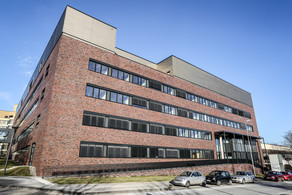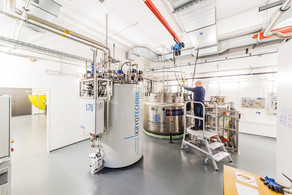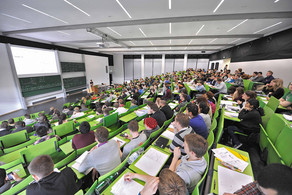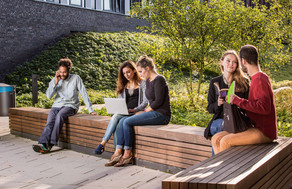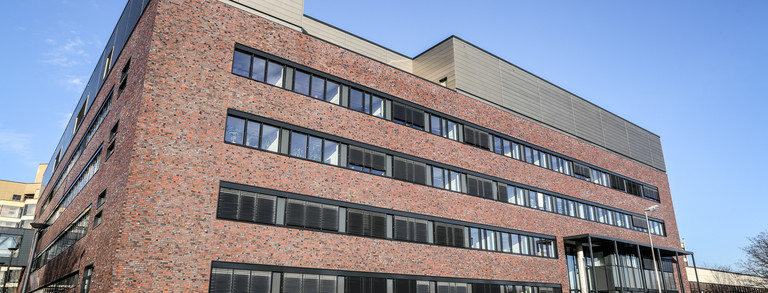Thesis defense of Alexander Ratke
- Defense
Artificial intelligence is advancing in everyday life and supports its user by generating fast results in areas like communication or image recognition. This thesis aims at exploiting the abilities of deep-learning techniques for deformable image registration (DIR) to improve image alignment in medicine. An unsupervised registration and fusion workflow is developed and evaluated for 39 head scans, produced with computed tomography (CT) and magnetic resonance imaging (MRI). The three-part workflow starts by preprocessing the scans to unify the image formats and to perform affine transformation and rigid registration. Then, a deep-learning model trained for DIR is applied to these images. To obtain an appropriate configuration of the model, parameter tuning is required. The evaluation with the mutual-information metric indicates an improvement in image alignment of up to 14 % when using deep-learning-based DIR. Lastly, image fusion combines the registered CT and MRI scans with a wavelet-based method to merge the information of decomposed images. The workflow is designed for unimodal, e.g. T1- and T2-weighted MRI scans, and multimodal, e.g. CT and MRI scans, image pairs. Since medical imaging is an important basis of treatment-planning processes, the registered and fused images obtained from this workflow are expected to enhance precision radiotherapy.





